Twenty Year Baltimore Leadership Veteran to Replace President & CEO Don Hutchinson
BALTIMORE, MD – Following an extensive search, The Maryland Zoological Society, Inc. Board of Trustees announced the selection of Kirby Fowler as the new President & CEO of the Maryland Zoo in Baltimore. Fowler comes to the Maryland Zoo following fifteen years as President of the Downtown Partnership of Baltimore, Inc., (DPOB) and the Executive Director of the Downtown Management Authority. Fowler will join the Zoo in April 2020 to begin the leadership transition from Don Hutchinson, who will formally step down on June 30, 2020.
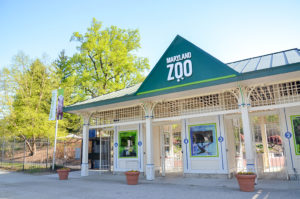
“Kirby was chosen to lead The Maryland Zoo because of his depth and breadth of experience in non-profit leadership, his passion for the Zoo and our conservation mission, and his tremendous energy and enthusiasm for the City of Baltimore,” said Jennifer Lowry, chair of the Maryland Zoological Society, Inc. Board of Trustees. “We have full confidence that he will uphold our position as an outstanding cultural, educational and conservation organization, and provide strong, steady leadership through this exciting and pivotal period for the Zoo.”
During his tenure at Downtown Partnership, Fowler and his team oversaw the transformation of Downtown Baltimore into the City’s fastest growing neighborhood, successfully advocated for adaptive reuse of more than 70 major properties, spearheaded the revitalization of parks and plazas, led the reinvention of the Pratt Street corridor, teamed with the City to launch the popular Charm City Circulator, and expanded homeless outreach services, among other initiatives. Fowler also led the creation of the Station North and Bromo Tower arts districts, launched Baltimore Restaurant Week, and oversaw the rebirth of the City’s public markets.
“It’s a tremendous honor to join The Maryland Zoo team and have the opportunity to contribute to a zoo that is so well respected for its commitment to animal welfare, conservation, education and guest experience,” said Kirby Fowler. “I look forward to helping the Zoo reach its significant potential by continuing to implement animal welfare and habitat advancements, improving the campus and guest experience, and building on educational and conservation programs.”
“We are deeply grateful to Don for the contributions he made to The Maryland Zoo during his twelve years of leadership,” continued Lowry. “Thanks to him, the Zoo is in a tremendous position within the Baltimore community, held in high regard within the zoological and conservation fields, and poised for future success.”
Don Hutchinson became President & CEO of The Maryland Zoo on an interim basis on January 2, 2008. In 2009, the “Interim” title was dropped and he has remained in that role for the past 10 years.
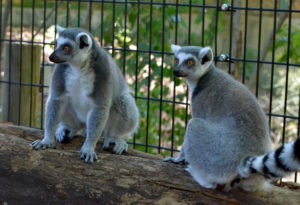
Some of the highlights of Hutchinson’s tenure include the birth of Samson, the first-ever African elephant born at the Zoo, the opening of the Giraffe Feeding Station, Prairie Dog Town, the Jones Falls Zephyr train, the Panamanian golden frog and Hellbender exhibits, the addition of Lemur Lane, grizzly bears and the return of bobcats to the Zoo. In 2014, the award-winning Penguin Coast was opened to great acclaim and in June the Zoo celebrated the opening of the newly renovated and expanded lion, giraffe and elephant habitats, the most extensive renovation in the Zoo’s history.
Over $65,000,000 in renovations and improvements have been made to the Zoo since 2008. While many of those improvements are obvious changes to animal habitats such as Penguin Coast and the new lion, giraffe and elephant renovations in African Journey, other less noticeable but very important improvements were updates to infrastructure – water and sewer, electric, gas lines, HVAC, a digital X-ray suite in the Zoo Hospital.
At The Maryland Zoo, Fowler will lead more than 250 employees and 225 volunteers, oversee the care and management of more than 1,500 animals representing 200 species, and be responsible for the continued improvement and evolution of The Maryland Zoo’s animal care, education and local, national and international species conservation programs.

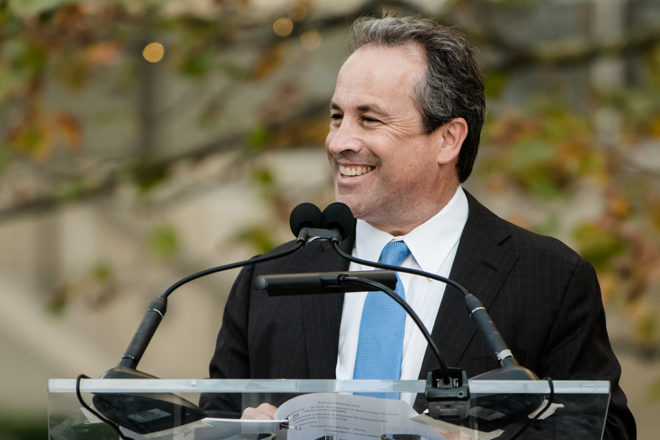
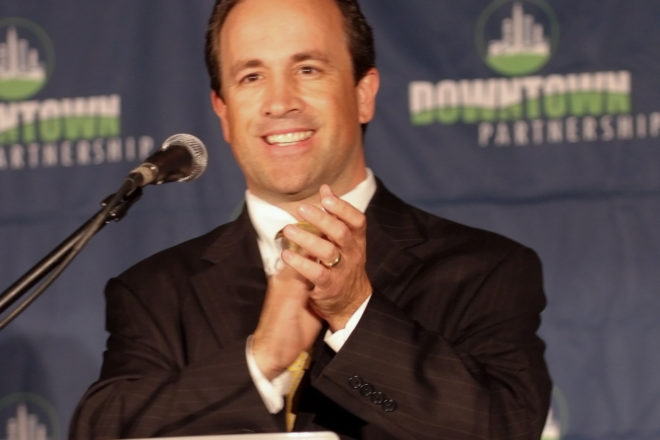
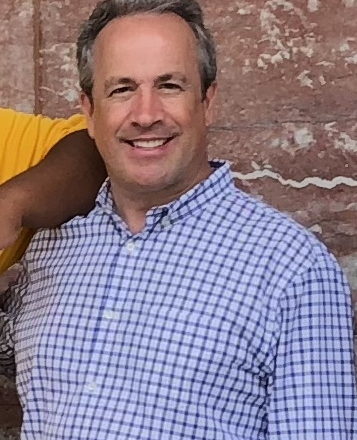

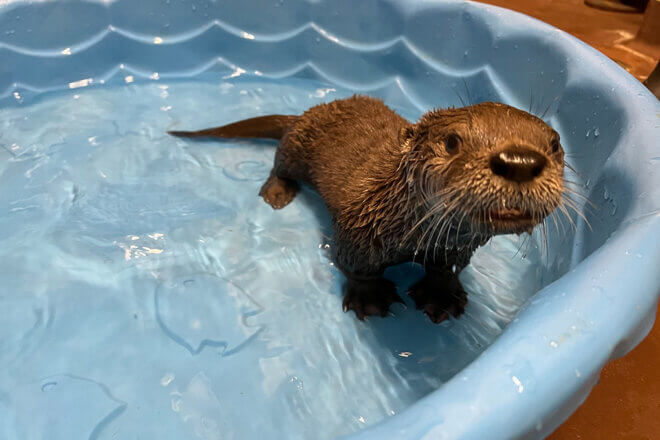
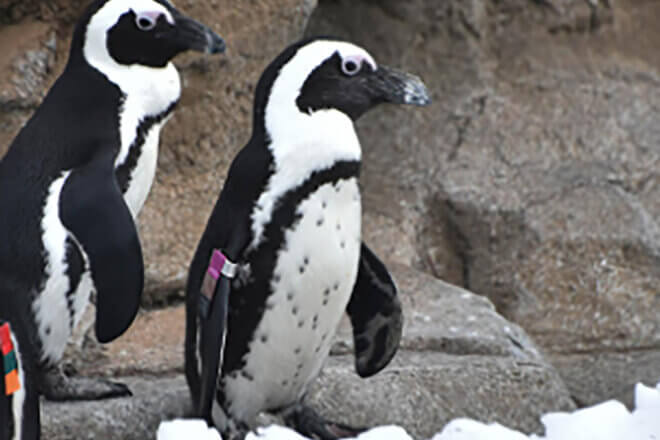
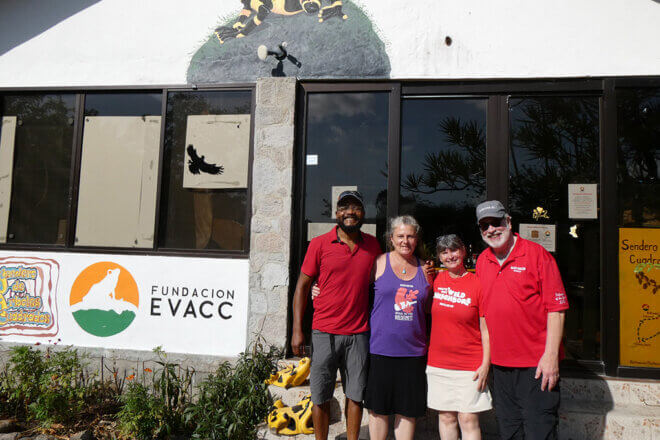

Share this article